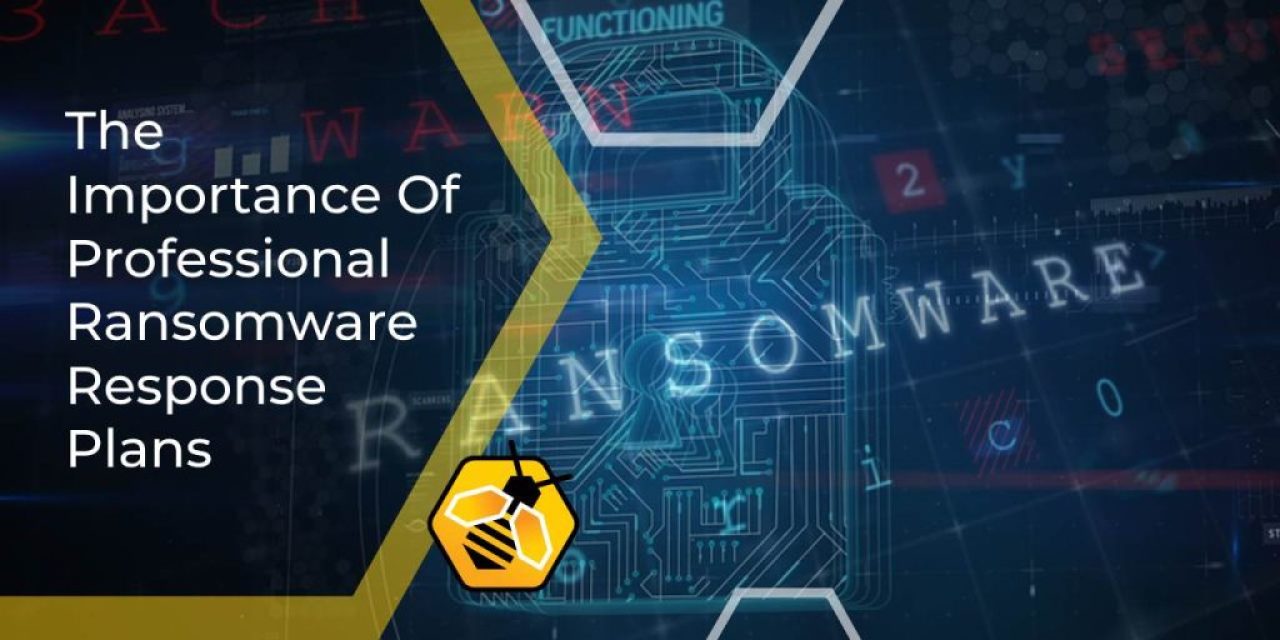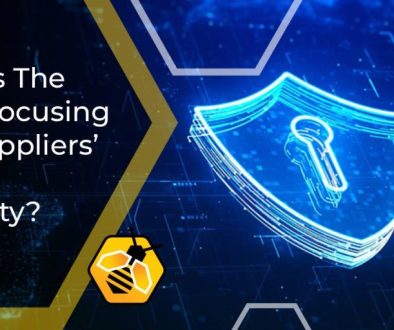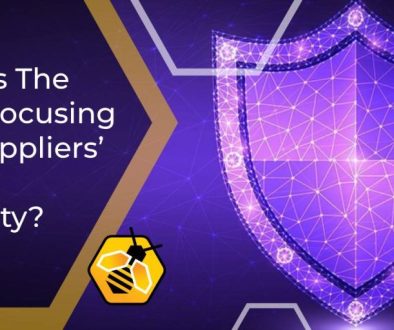The Importance Of Professional Ransomware Response Plans
According to recent data, almost 75 per cent of UK companies have experienced some form of ransomware attack in the past few years.
Therefore, even with the most stringent cybersecurity measures, it’s prudent to plan for the inevitable. Here’s a look at what these plans should include, and how our West Yorkshire IT solutions service can help.
The corrosive cost of ransomware
Ransomware attacks are surging in both volume and complexity, and unfortunately in over half of all cases, it results in a company paying a ransom. However, this does not guarantee that all or even some of the stolen data will be recovered.
The consequences of a ransomware attack, particularly for sectors such as healthcare or financial services, can be devastating. The downtime and data loss are only part of the picture: the legal, financial and reputational costs can be almost impossible to recover from.
That’s why a clear and detailed ransom response plan is non-negotiable.
What is a ransomware response plan?
A ransomware response plan is an actionable and documented protocol for identifying, containing and recovering from a ransomware attack. The aims are to help the business or organisation:
- Respond quickly and minimise downtime
- Preserve and protect evidence
- Communicate with staff, clients, and regulators
- Recover data and resume operations
- Avoid costly missteps like paying ransoms without guarantees
This provides a clear structured plan and avoids hasty decisions that are driven by panic or fear, rather than logical and well thought out processes. It also saves time and working at cross-purposes, because every member of staff will know what is expected of them and what the chain of command is.
Key elements of a ransomware plan
Across sectors from law to retail or construction, the core components of the plan should include the following:
Early detection and alerts
The faster a ransomware attack is detected, the better the chances of it being contained and limiting the damage. If you have a business that handles sensitive data, it’s strongly recommended to invest in 24/7 monitoring and AI-driven threat detection tools such as Sophos Intercept X, which are designed to catch ransomware in the very earliest stages.
Rapid containment
As soon as an attack is detected, the next step should be to isolate infected devices as quickly as possible. This means that all shared drives should be disabled and all compromised systems disconnected.
Clear communication protocols
Cyberattacks can cause confusion and panic, particularly if regular methods of communication are disrupted. IT teams and leaders should be notified in the first instance, and a clear chain of command should be established as to who notifies who about what.
Avoid spreading misinformation and make sure that everyone understands what they should say without causing undue alarm or revealing sensitive information. Relevant parties who may need to be informed besides staff include vendors, stakeholders, clients, and regulators.
Data recovery strategy
Establish secure data backup services with off-site storage so that recovery can take place rapidly and reduce downtime and data loss. The back up system should be tested regularly: without this step, recovery will be much slower, if it is even possible at all.
Forensic analysis
An investigation should be carried out to identify the source of the attack and to ensure that it can’t happen again. This forensic investigation should be carried out by a cyber security specialist for best results.
Legal and compliance
The plan should include a coordinated response to data protection regulations such as GDPR and NHS DSPT for healthcare. For example, it will be necessary to report the data breaches within a certain timescale.
The advantages of professional IT support
Smaller businesses and organisations might be tempted to rely on a single-person IT team or basic versions of antivirus software. However, this is not enough to combat today’s sophisticated and rapidly changing cyber attacks.
A managed service provider can provide you with a customised incident response plan, and advanced ransomware software protection.




